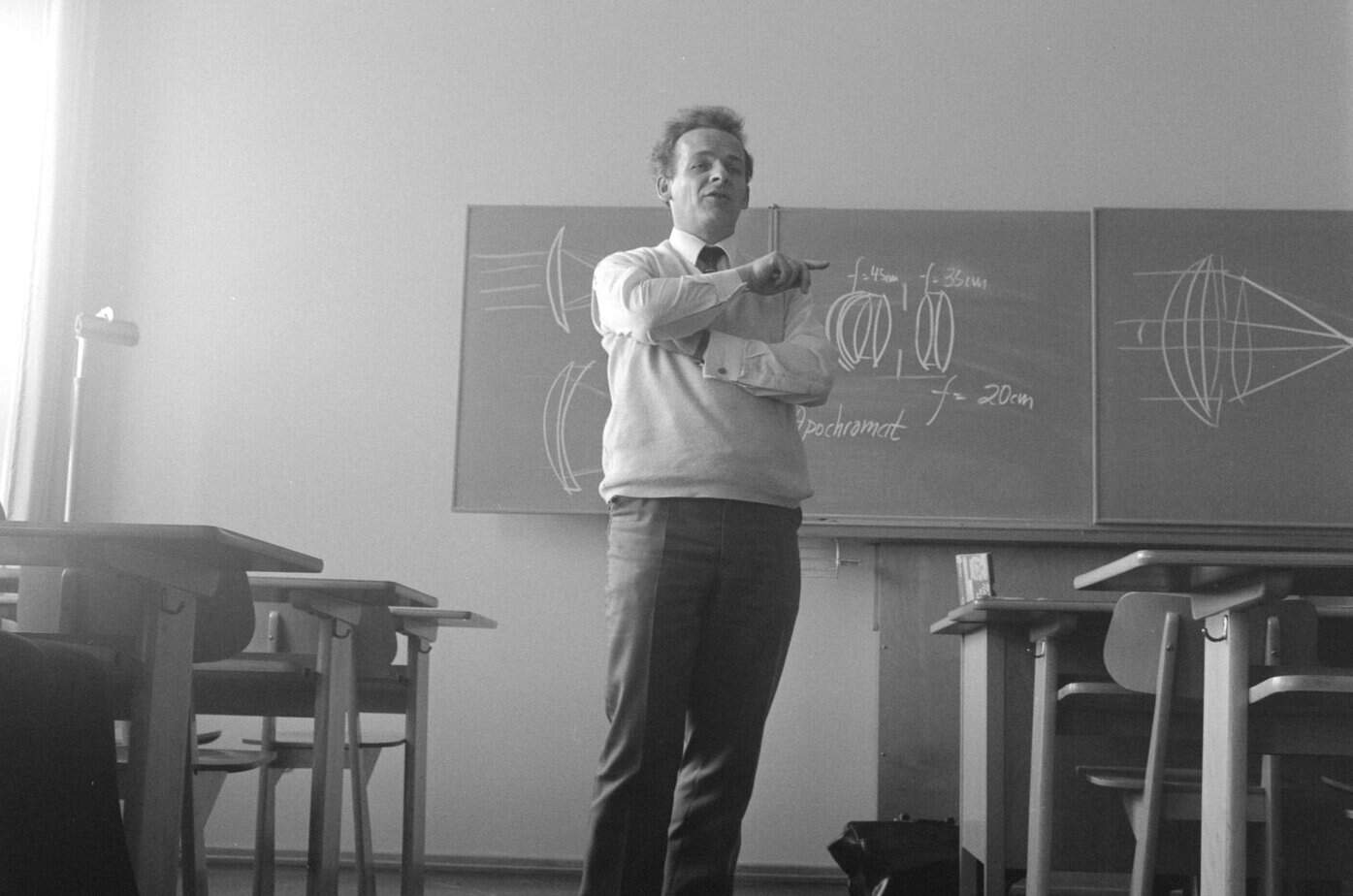Education is more than the mere transmission of information; it is a dynamic and interactive process that shapes the minds and futures of students. Educators stand at the forefront of this transformative journey, bearing the responsibility not only to impart knowledge but also to inspire, challenge, and guide their students toward their full potential.
The role of an educator extends far beyond the walls of the classroom, influencing every facet of a student’s personal and professional development. This journey often involves tackling challenging assignments, grappling with complex concepts, and, occasionally, facing the daunting task of academic writing.
It’s not uncommon for students to seek assistance, uttering phrases like “Write my essay” in moments of frustration or doubt. In these instances, educators play a crucial role in guiding their students through these academic challenges, providing them with the tools, strategies, and encouragement they need to succeed on their own.
Fostering a Love for Learning
Inspiring Curiosity and Critical Thinking
One of the most significant contributions educators make to their students’ lives is instilling a sense of curiosity and a desire to learn. By presenting subjects in engaging and innovative ways, teachers can ignite students’ interest in learning, encouraging them to explore topics deeply and independently.
Developing critical thinking skills is equally important, teaching students not just to absorb information but to question, analyze, and synthesize what they learn, applying their knowledge in real-world contexts.
Cultivating a Safe and Supportive Learning Environment
A positive learning environment is foundational to student success. Tutors create spaces where students feel valued, respected, and empowered to express their thoughts and ideas without fear of judgment.
This supportive atmosphere fosters a sense of belonging and community among students, enhancing their confidence and willingness to take intellectual risks.
The Power of Personalized Learning
Recognizing the unique strengths, weaknesses, and learning styles of each student allows educators to tailor their teaching strategies, making learning more effective and accessible. Personalized attention and feedback help students understand their progress, identify areas for improvement, and develop personalized learning strategies that cater to their individual needs.
Equipping Students with Essential Life Skills
Beyond the Classroom: Preparing Students for the Future
Educators play a pivotal role in preparing students for life beyond the classroom. This preparation involves not only academic knowledge but also essential life skills such as communication, collaboration, problem-solving, and adaptability. Teachers provide opportunities for students to develop these skills through various activities and projects, preparing them for future challenges and opportunities in their personal and professional lives.
The Importance of Digital Literacy
In an increasingly digital world, equipping students with digital literacy skills is crucial. Educators introduce students to the responsible use of technology, guiding them in navigating the digital landscape safely and effectively. This includes teaching students how to research information online, use digital tools for learning and creativity, and understand the ethical and societal implications of digital technologies.
Promoting Global Awareness and Citizenship
Educators help students develop a broader perspective on the world, fostering global awareness and a sense of social responsibility. Through discussions, projects, and interactions with diverse cultures and ideas, students learn to appreciate diversity, understand global issues, and consider their role as global citizens committed to making a positive impact on the world.
Embracing Emotional Intelligence in Education
Nurturing Emotional and Social Skills
In today’s complex world, emotional intelligence (EQ) is just as critical as intellectual ability (IQ) in achieving success. Educators play a crucial role in nurturing students’ emotional and social skills, such as empathy, self-awareness, and communication.
By incorporating EQ-focused activities in the curriculum and modeling emotionally intelligent behavior, teachers can help students develop the ability to manage their emotions, understand others’ feelings, and navigate social situations with sensitivity and confidence.
The Impact of Positive Teacher-Student Relationships
Building strong, positive relationships with students is at the heart of effective teaching. Such relationships are founded on mutual respect, trust, and a deep understanding of each student’s unique background, challenges, and aspirations.
Instructors who invest time and effort in getting to know their students can provide more personalized support, boost students’ self-esteem, and create a more engaging learning environment. These positive interactions are pivotal in making students feel valued and heard, contributing to their overall well-being and academic motivation.
Leveraging Technology for Personalized Learning
Integrating EdTech for Enhanced Engagement
The integration of educational technology (EdTech) tools offers innovative ways to enrich learning and cater to diverse student needs. From interactive software and educational apps to online platforms, educators can leverage technology to provide personalized learning experiences.
EdTech tools can facilitate differentiated instruction, allowing students to learn at their own pace, explore subjects that interest them, and receive instant feedback on their progress. By judiciously incorporating technology into teaching, teachers can make learning more accessible, enjoyable, and tailored to individual student profiles.
Encouraging Lifelong Learning and Curiosity
Fostering a Culture of Continuous Improvement
Lecturers play a pivotal role in instilling a love for lifelong learning in their students. By creating a classroom culture that values curiosity, experimentation, and continuous improvement, teachers can encourage students to view education as an ongoing journey rather than a finite task.
Highlighting the joy of discovery and the value of perseverance in the face of challenges can inspire students to embrace learning opportunities throughout their lives, both within and beyond the classroom walls.
Final Thoughts: The Lasting Impact of Educators
The influence of educators on their students’ lives cannot be overstated. Through their dedication, passion, and commitment, teachers empower students with the knowledge, skills, and confidence they need to succeed.
Educators inspire their students to dream big, challenge themselves, and pursue their goals with perseverance and resilience. As mentors and guides, they leave a lasting imprint on their students’ hearts and minds, shaping not only their academic journeys but their character and outlook on life.
As we reflect on the impact of teachers, let us celebrate and support the invaluable work they do, recognizing their role in empowering the next generation of learners, leaders, and changemakers!



